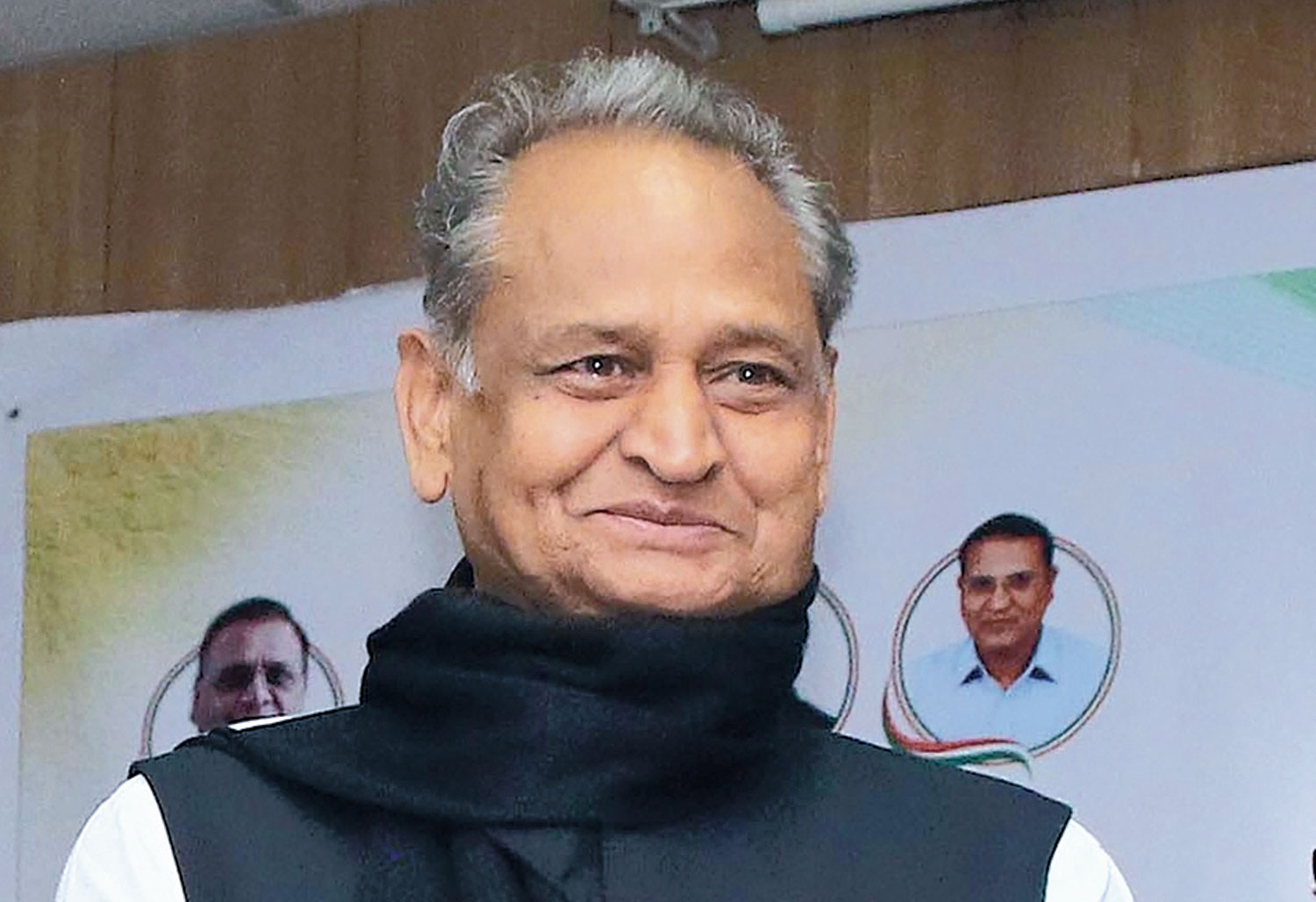On Monday, Rajasthan chief minister Ashok Gehlot wrote to PM Narendra Modi over “hurdles in the payment of Goods and Services (GST) compensation to the states”.
Gehlot wrote by drawing PM’s attention to the recommendation by Centre in the GST Council meeting on August 27, Central government’s position that the shortfall is to be paid from the Compensation Fund and was not Government of India’s obligation was against the letter and spirit of the constitutional amendment by which the states gave up their constitutional right to levy certain taxes.
”Indian economy’s management is the responsibility of the Central Government and as it benefits from the upside, it is also expected to accept full responsibility for the shortfall in GST collections due to the downside of the economic cycle,” Gehlot wrote in the letter according to a statement from his office.
“Government of India only recognizes GST loss by assuming a 10% growth over the previous year and attributing the rest to the Covid-19 pandemic. This is capricious, takes only the interest of the Central Government into account and has no legal justification. It must be noted that GST revenues were growing at about 4% in 2019-20, which was the pre-Covid year, GDP growth in the last financial year was 4.2%. Therefore, applying a rate of 10% growth to project a higher revenue loss due to Covid is statistically untenable and factually unsound,” the letter said.
”Under the GST (Compensation to States) Act, 2017, states are guaranteed compensation for loss of revenue on account of implementation of GST for a transition period of five years, starting from 2017”, stated Gehlot.
“The Central Government should ensure that the States receive, without liability, the full amount of compensation, notwithstanding the shortfall in the collection of cess and that the compensation can neither be increased nor decreased without amending this Act,” he wrote.
The Central Government or the Council’s decision to accentuate on the amount of compensation to be paid to the states was not an administrative decision but a legal obligation, Gehlot said the former Union finance minister Arun Jaitley had stated that the GST Council could consider raising additional resources including through borrowing but it was never the understanding that the states would borrow this additional amount.
“The Council does not have the power to alter the compensation mechanism without getting the Act amended. Therefore, there is no ambiguity that the shortfall in revenues must be met by revenue transfers from the Central Government,” Gehlot wrote.
The CM said if the states borrowed from the RBI, will the RBI hold state government debt on its balance sheet as it does that of the Central Government? Secondly, would the loans so taken be interest bearing? “It is inequitable because under the RBI Act, all RBI surpluses are transferred to the Government of India as dividend. While the Central Government reneges on its promise of paying the compensation to the states, it would end up making profit from the interest paid by the states,” he said.





